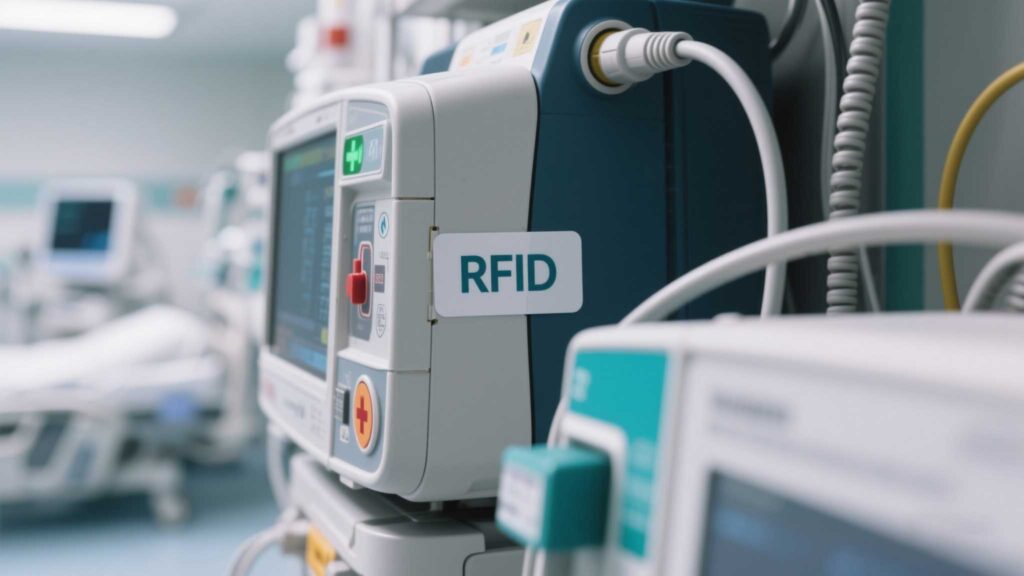How do I transfer RFID tag data to a MySQL database?
606Learn how to transfer RFID tag data to a MySQL database step-by-step. Explore hardware setup, middleware configuration, and Cykeo’s RFID-to-database solutions.
MoreAll RFID Product
Let’s face it: losing a defibrillator during an emergency isn’t just frustrating—it’s life-threatening. Hospitals need RFID systems that nail both accuracy and reliability. But with so many brands claiming to be “healthcare-grade,” how do you pick the real deal? We’ve scoured specs, tested in real wards, and talked to biomed teams to find the brands that actually deliver.

Healthcare isn’t retail. Your RFID system must:
Spoiler: Most consumer-grade RFID modules fail these tests. Hard.
1. Precision Tracking (Even Through Walls)
2. Sterilization-Friendly Design
3. Compliance Out of the Box
4. Battery Life That Doesn’t Quit
Brand A: The Compliance King
Brand B: The ER Speedster

Cykeo: The Durability Workhorse
Q: Do RFID waves interfere with pacemakers?
A: Nope—FDA-cleared modules use safe UHF bands.
Q: How often do tags need replacing?
A: Quality ones last 5–7 years. (Cheapies conk out in 12 months.)
Q: Can we tag implanted devices?
A: Not recommended. Stick to external equipment.
Takeaway: Picking an RFID module for medical gear isn’t about specs—it’s about trust. Brands like Cykeo earn their keep by solving real crises: lost vents during flu season, missing beds during surge capacity, or expired pumps hiding in closets. Start small—tag your crash carts or ultrasounds—then expand as confidence (and ROI) grows.
Learn how to transfer RFID tag data to a MySQL database step-by-step. Explore hardware setup, middleware configuration, and Cykeo’s RFID-to-database solutions.
MoreAs technology advances rapidly, the concept of smart cities has garnered increasing attention. Among the key technologies enabling smart city development, Radio Frequency Identification (RFID) plays a pivotal role in boosting urban effici...
MoreDiscover how RFID tags work, their components, and real-world applications. Learn about passive vs. active tags and Cykeo’s innovative RFID solutions.
MoreLearn how RFID scanning range works, factors affecting read distance, and tips to optimize performance for retail, logistics, and industrial applications.
More